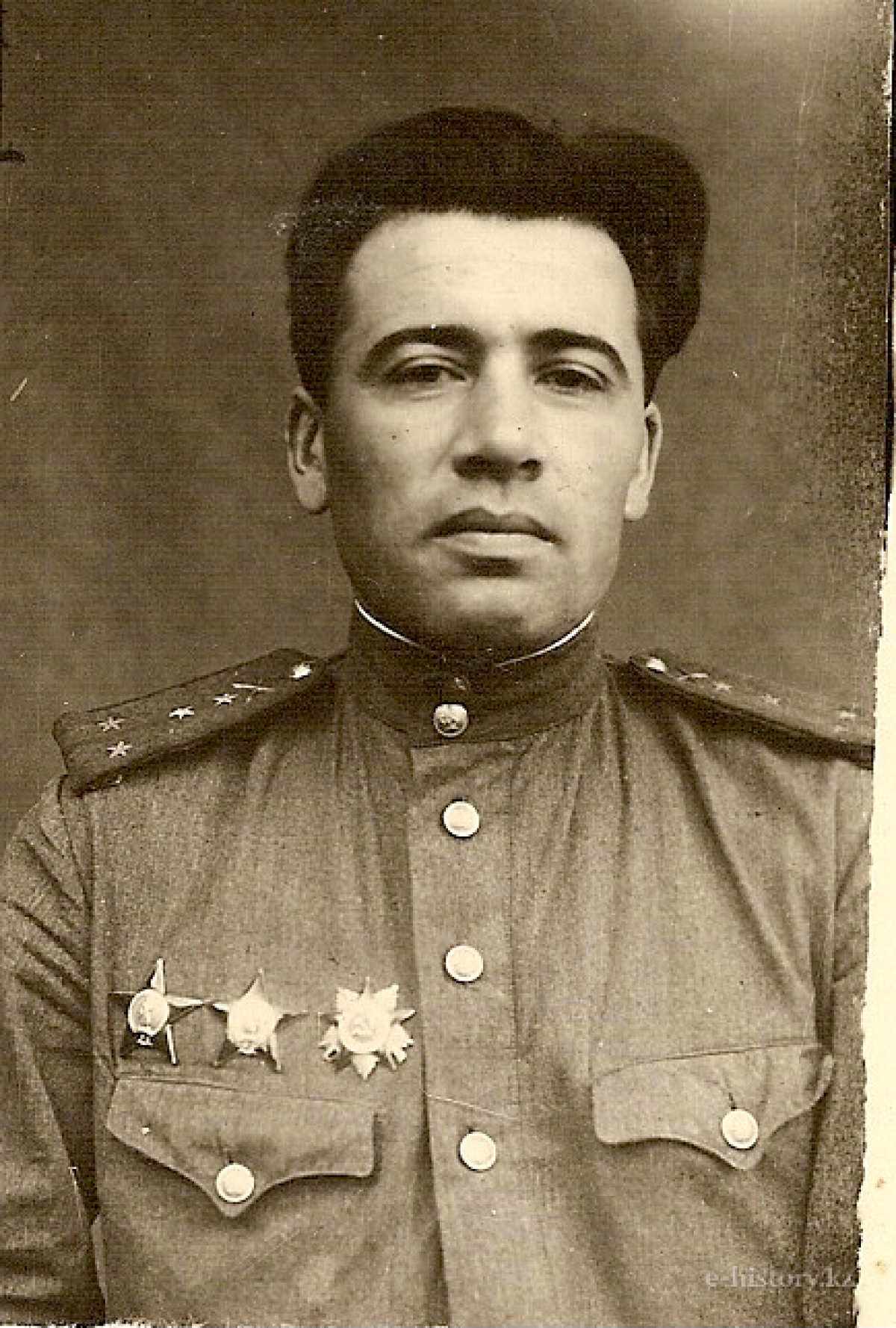
12 May 2015
At the very start of the Great Patriotic War, Kayum Ziganshin rose up to defend his Motherland. Under the command of Marshal Konstantin Rokossovsky, he fought in the battles of Stalingrad and Kursk.
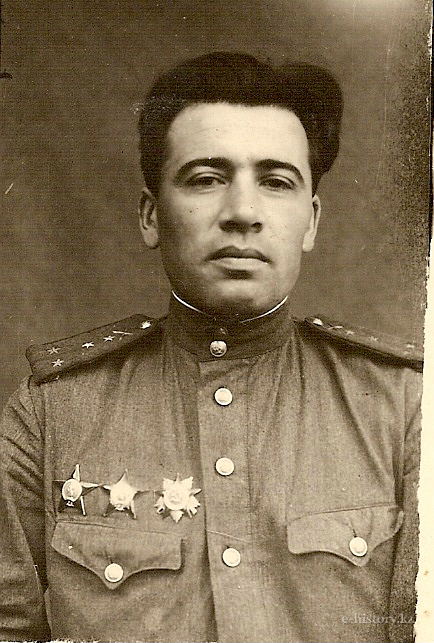
My name is Sophia. I have a large friendly and multinational family. There are ethnic Germans, Tatars, Kazakhs, Chuvash, Russians, Ukrainians and Jews in it. My parents often say that I am lucky to be born in sovereign and prosperous Kazakhstan where all ethnic groups live in peace and harmony.
Getting older I realise that several generations had to work hard to make our Motherland as it is today. But the most significant contribution to a future of freedom and peace was made by our great-grandfathers.
This year marks the 70th anniversary of the victory of the Soviet Union over fascist Germany. On 22 June 1941 the Great Patriotic War stormed each house in our big country, took the lives of 27 million Soviet people, destroyed hundreds of thousands of families and created thousands of orphans.
Unfortunately, over the years heroism of our great-grandfathers is being deleted from the memory of new generations. It seems to be a betrayal of their feats. Therefore, I always listen to my grandfathers and grandmothers talking about their parents with keen interest.
Today I’d like to tell about my great-grandfather Kayum Ziganshin. He was born on 10 January 1914 in Tataria. His father was a tailor. Landowners killed him and his wife had to raise three children alone. My great-grandfather started working when he was a child as he had to help his family. He worked as a helper in a sewing community: he prepared coal for irons and sewed buttons. At the age of ten Kayum arrived in the city of Makeevka where he worked at a coal mine. He sent the money to his family.
In 1925, my great-grandfather returned back. In Tataria, he entered a madrasah and then finished seven grades of a Russian school. Being an activist, he became a member of the All-Union Leninist Young Communist League.
In 1936-1937, Kayum Ziganshin served in the Red Army. Later he became the Head of Military and Sports Department of the Regional Committee of the Young Communist League.
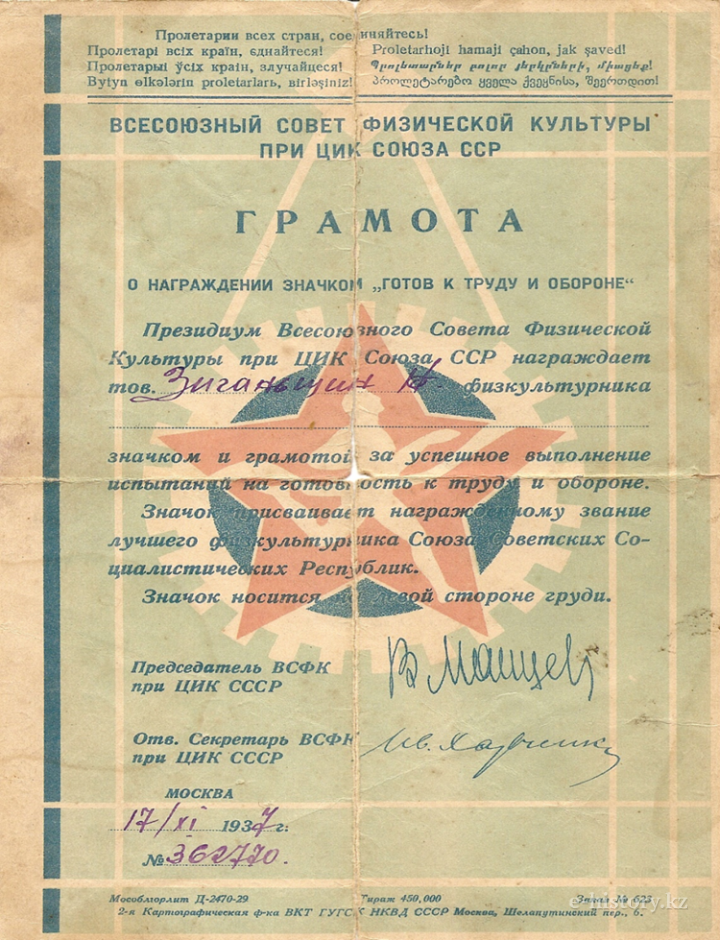
From the first days of the war, on 24 June 1941, he decided to defend his Motherland. His battle pass started with the position of the assistant to the head of the Liaison Office of the 28th Western Artillery Regiment and by the end of the war he became the head of the Liaison Office of the Regiment.
Under the command of Marshal Rokossovsky, Kayum Ziganshin fought in the great battles of Stalingrad and Kursk. As a part of the 2nd Belarussian Front he liberated the territories of Belarus and Poland, took part in crossing of the Neman, Berezina, Vistula rivers in Poland and Oder river in Germany. The end of the war met him near the Elbe river.
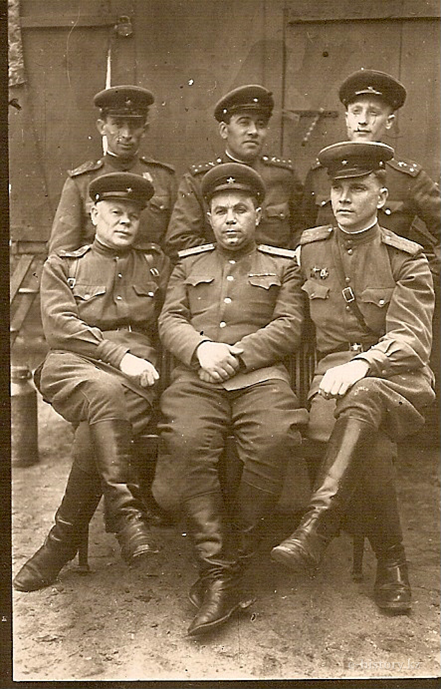
Kayum Ziganshin with his mates
My great-grandfather was shell-shocked seriously twice. After the last contusion, he couldn’t speak and hear. He returned to his regiment before the end of the treatment. As a real Soviet soldier, he didn’t with sacrifice and no fear. He had the only goal: to liberate the world from fascism as soon as possible. His wife and little son waited for him at home.
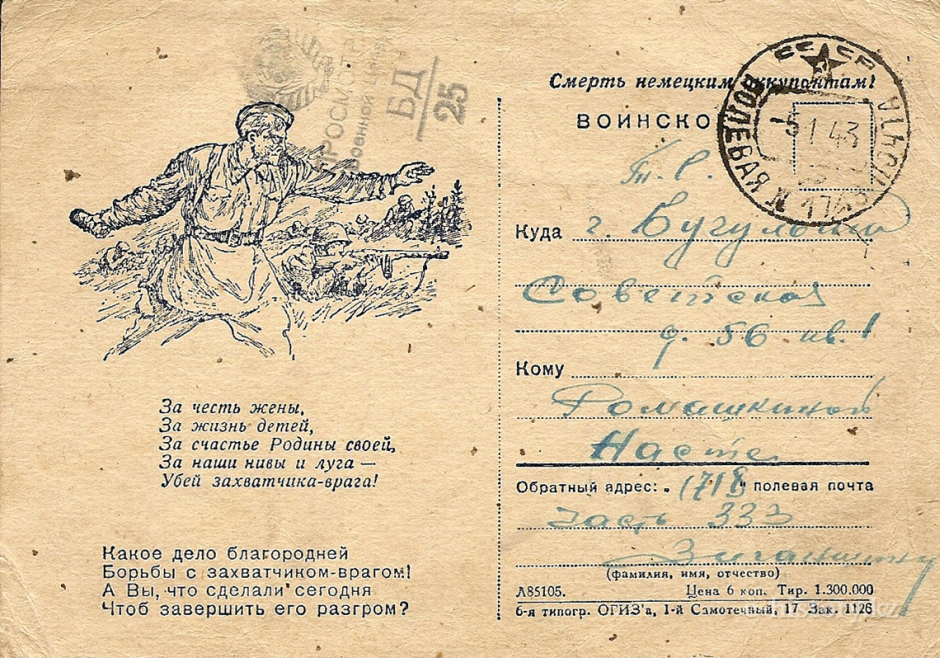
Letter from the frontline
For most Soviet soldiers and officers, the war ended on 9 May 1945. But my great-grandfather continued his military service in the border city of Mallmitts until October 1946.
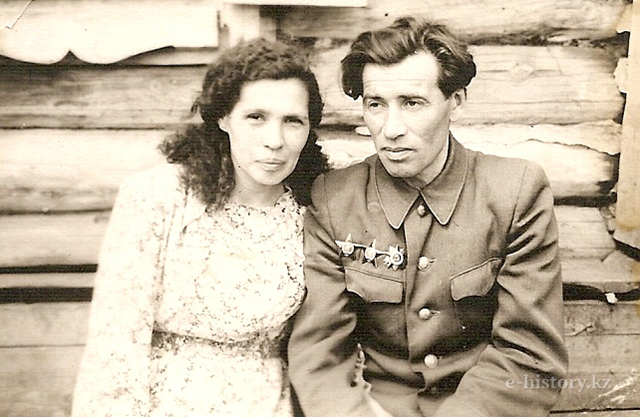
Kayum Ziganshin and his wife. Autumn of 1946
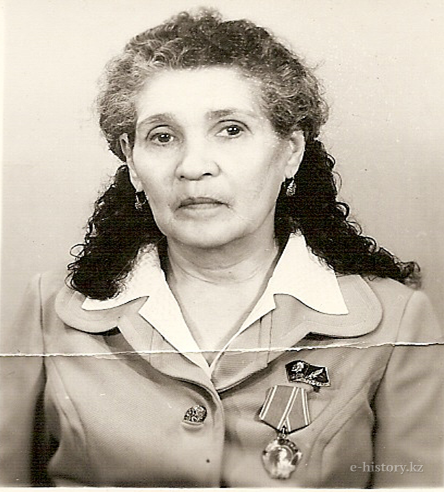
My great-grandmother Maria Romashkina was a tractor driver and member of the Stakhanov movement. At the age of 20 she received the highest Soviet award — the Order of Lenin. In 1937-1946, he was a member of the Supreme Soviet of the Soviet Union. During the war, she worked as a prosecutor and investigated the most important cases.
She was a decisive woman. In one of her conversations with Marshal Rokossovsky, she asked to transfer her husband to serve in the native country.
After demobilisation my great-grandfather was a member of the City Council in the city of Tetyushi, worked at the Department of Railroads. In 1955, he retired for health reasons. Long before my birth in 1988 my great-grandfather passed away.
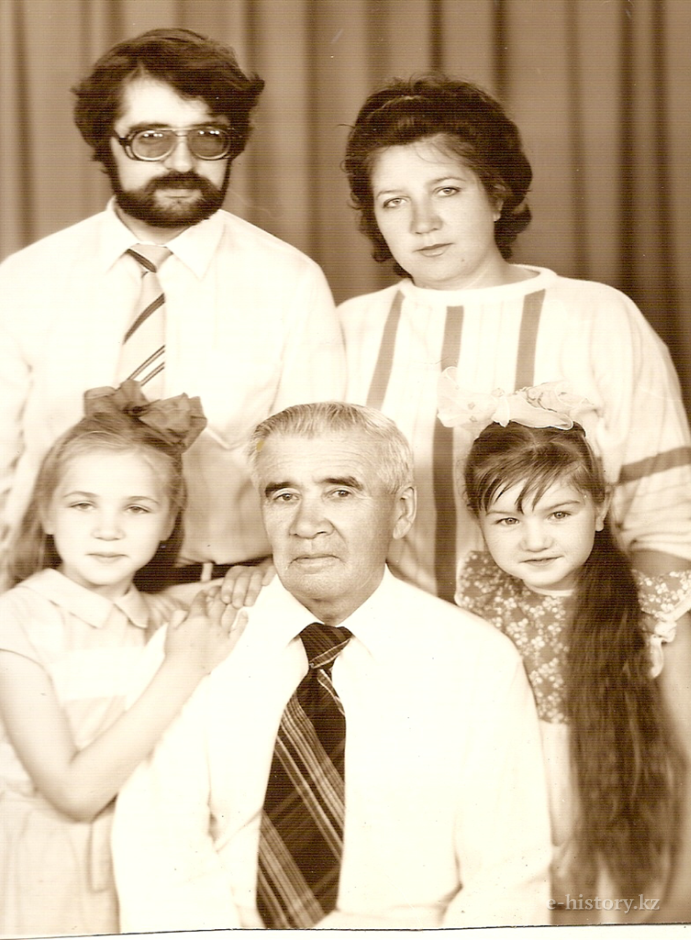
Last family photo
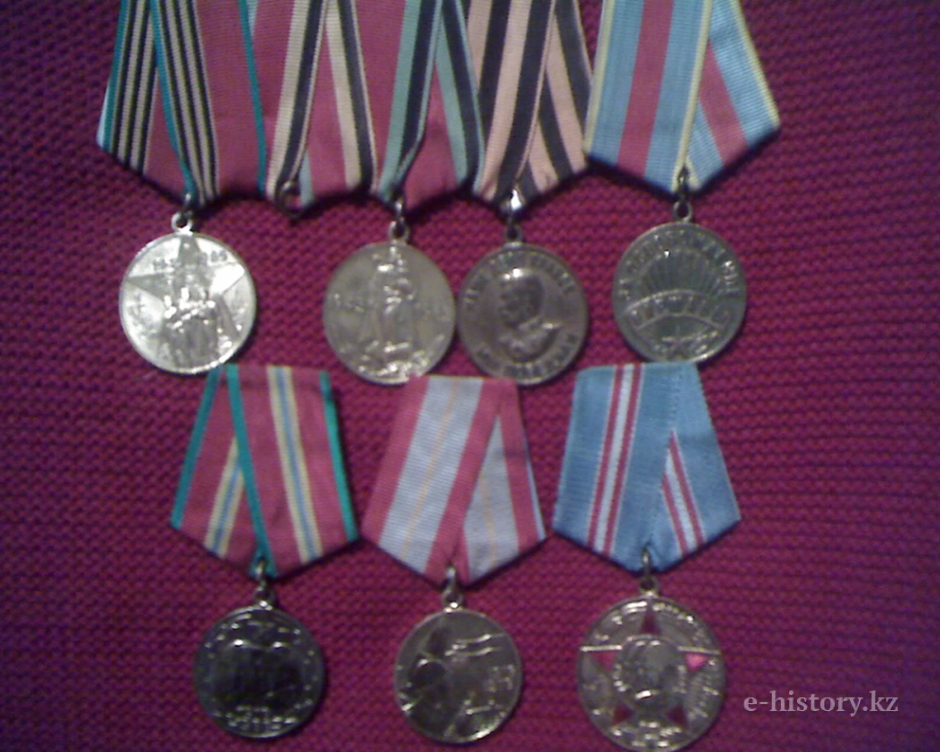
My great-grandfather’s awards
Probably, somebody can ask whether we need to remember the events of the past? Undoubtedly, we need. As long as the memory of the tragic war lives in our hearts, soldiers and officers of that war are alive as well.
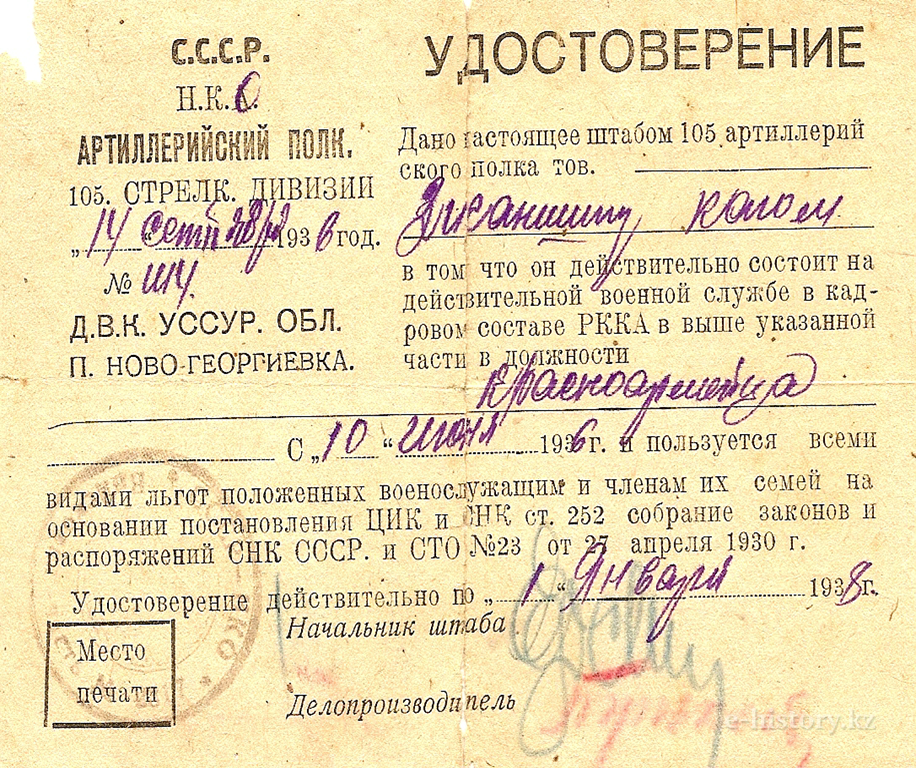
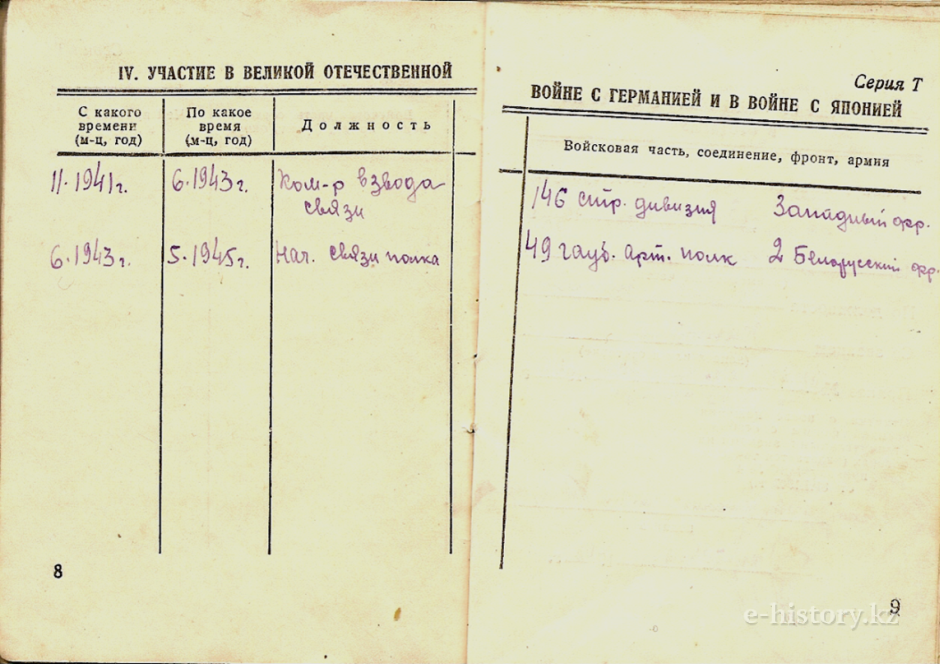
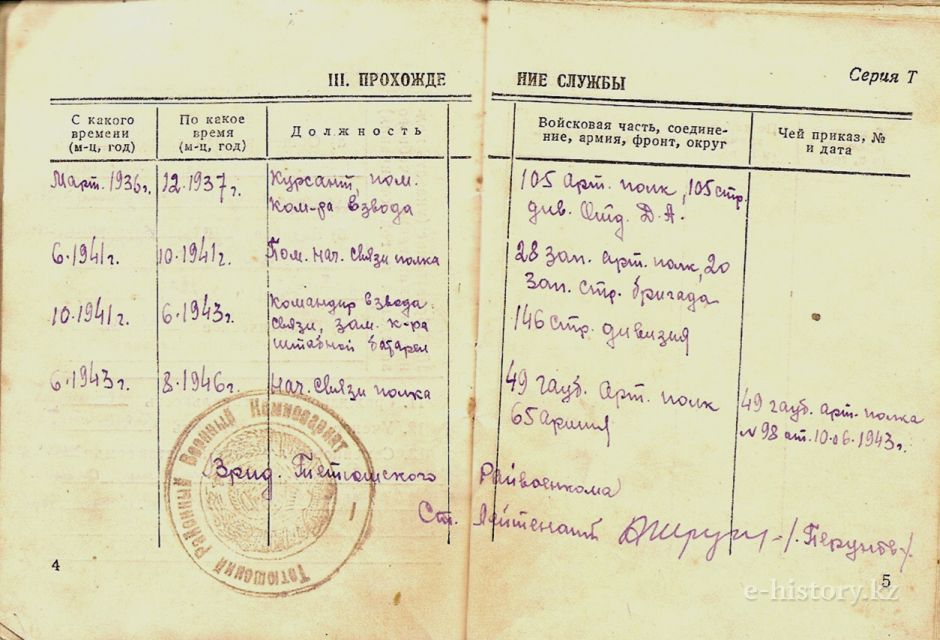
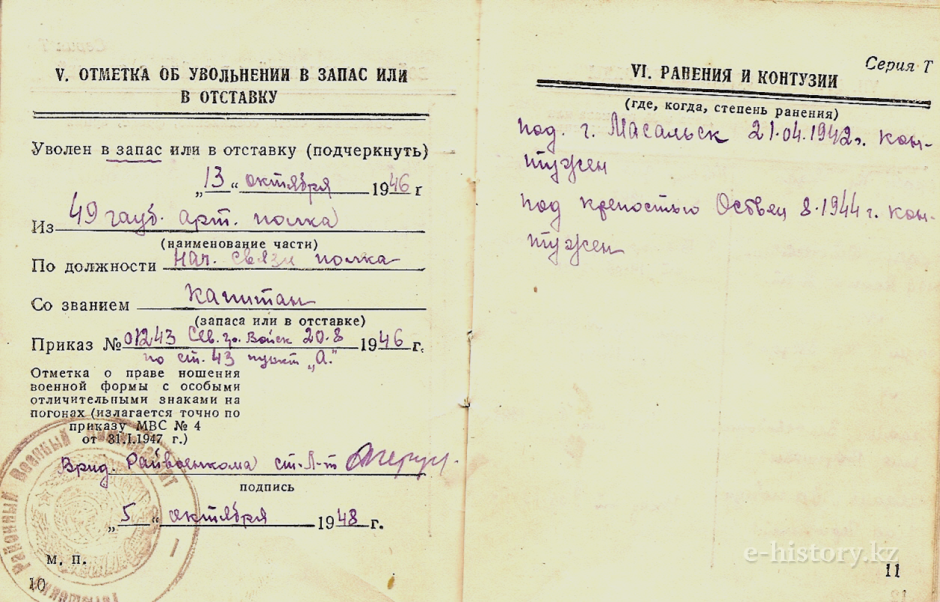
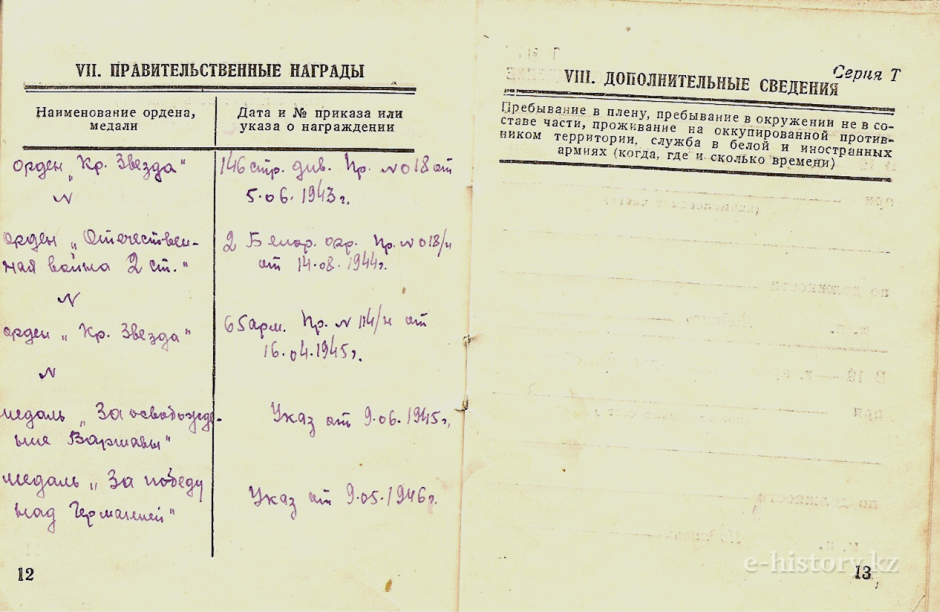
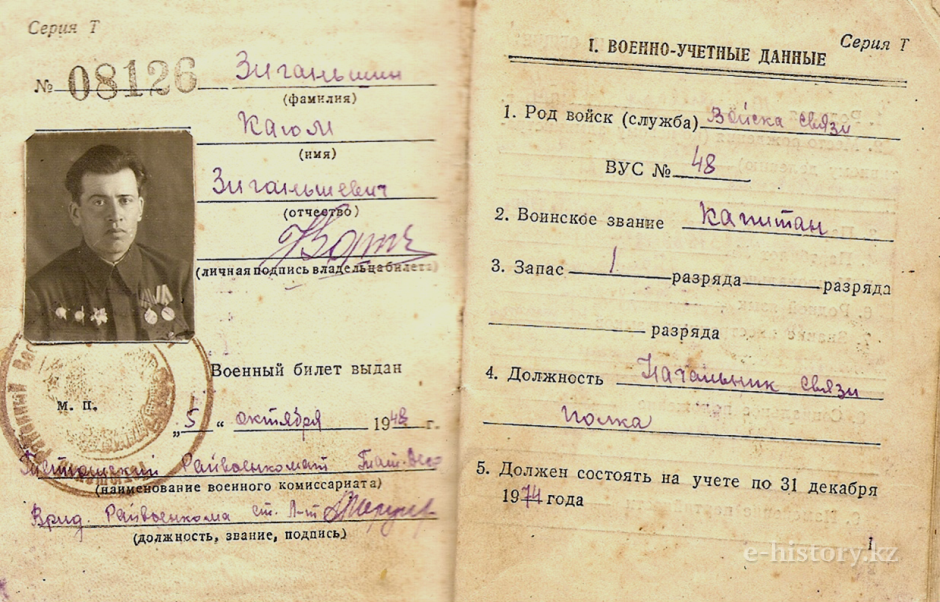
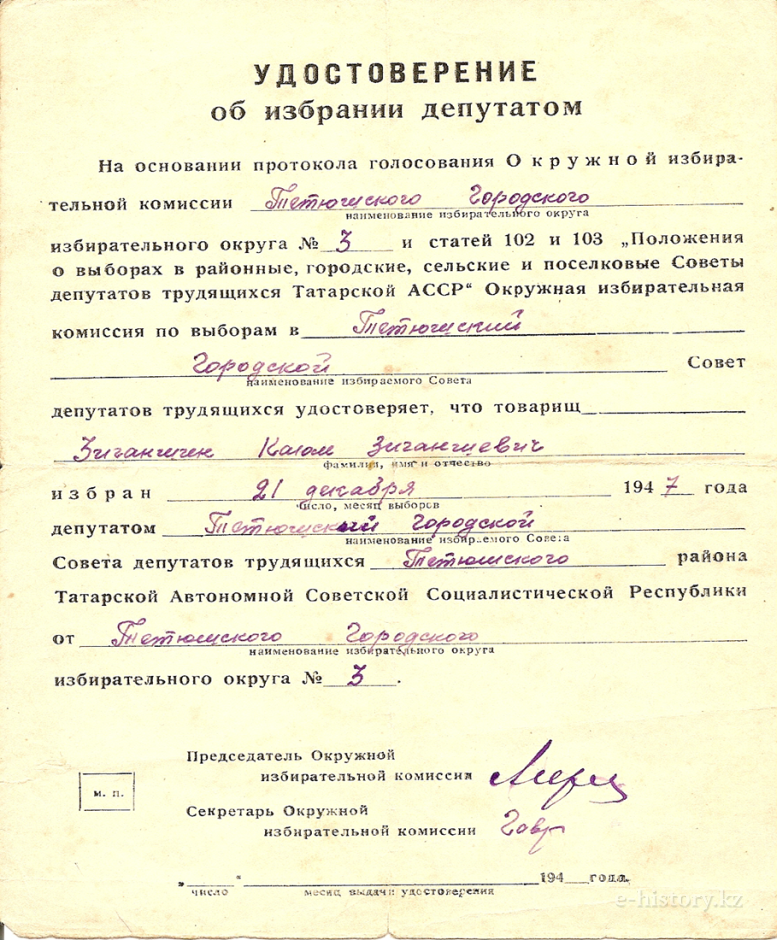
I call on all of us not to betray the memory of those who fought in the Great Patriotic War. It is impossible to build the peaceful and prosperous future if we forget our past. Their victory achieved seventy years ago is our happy life in the future.
Sophia Lindeman,
grade 5 student of the Secondary School № 17,
Karaganda, Karaganda region
